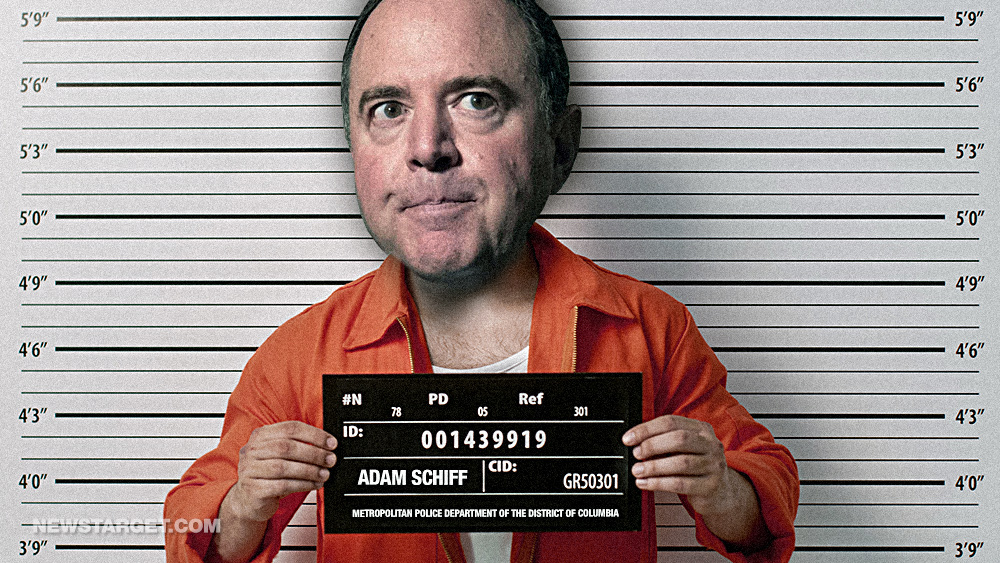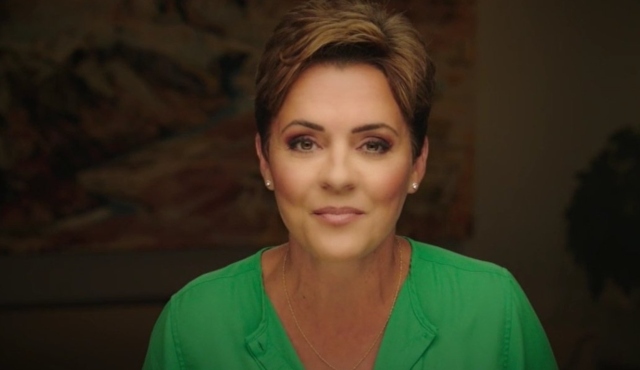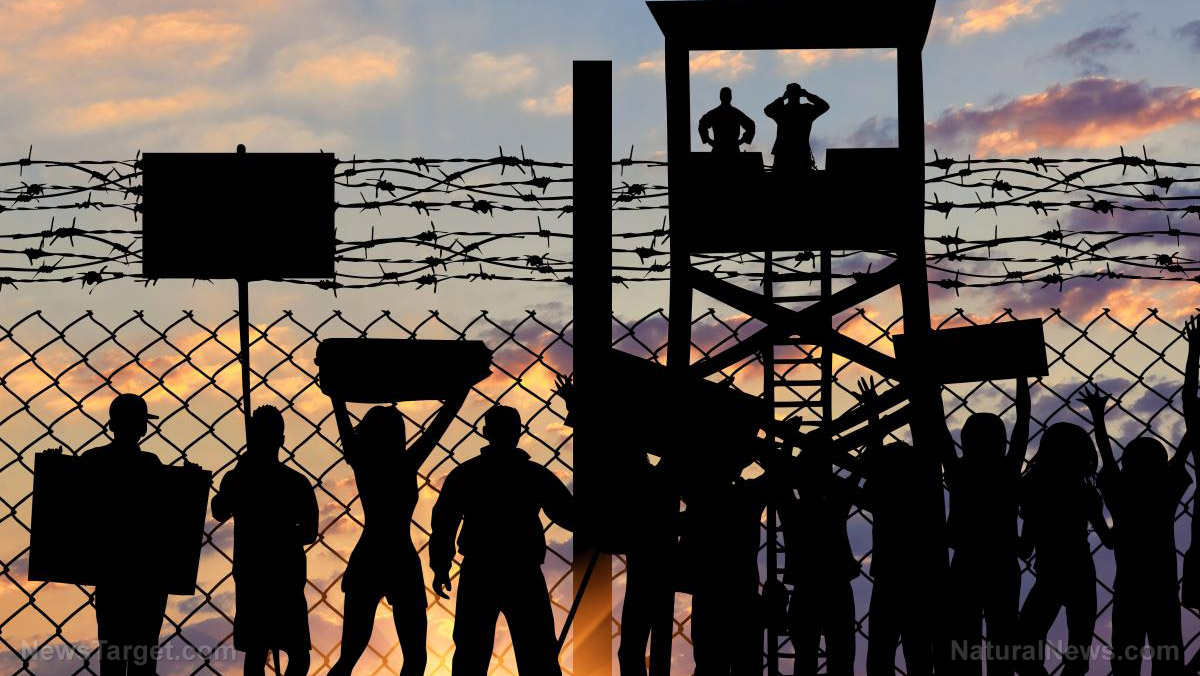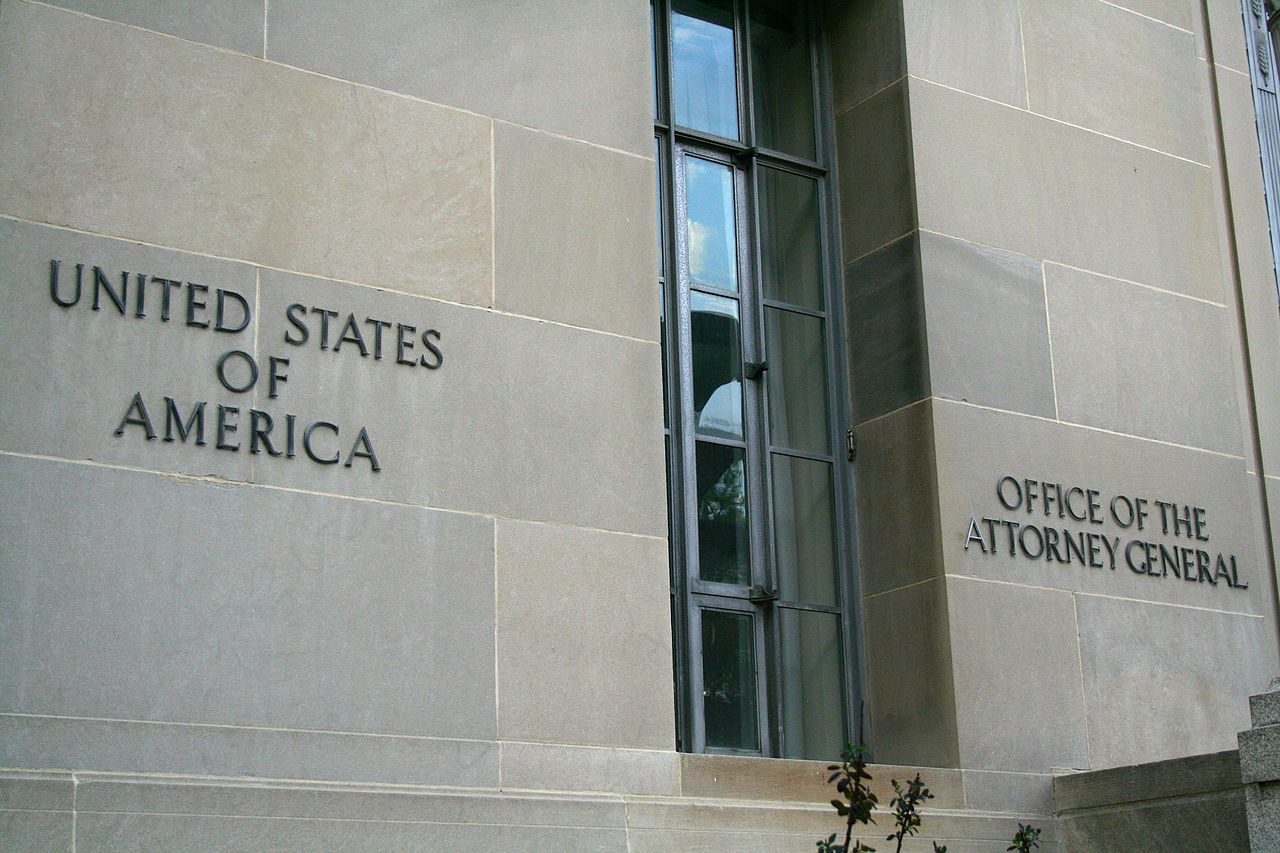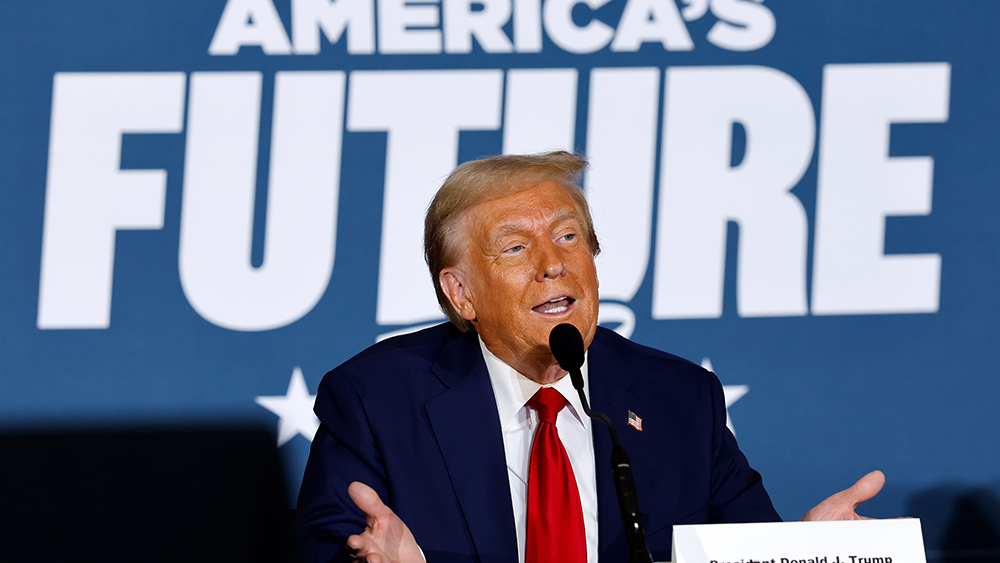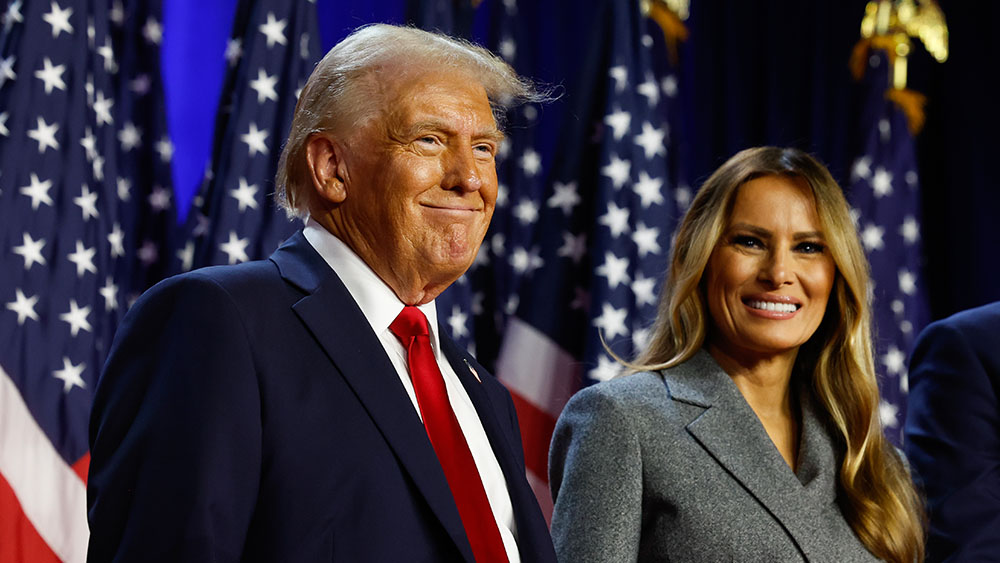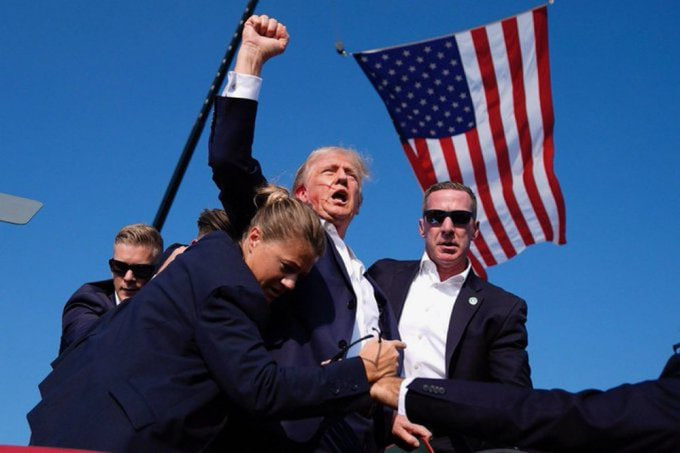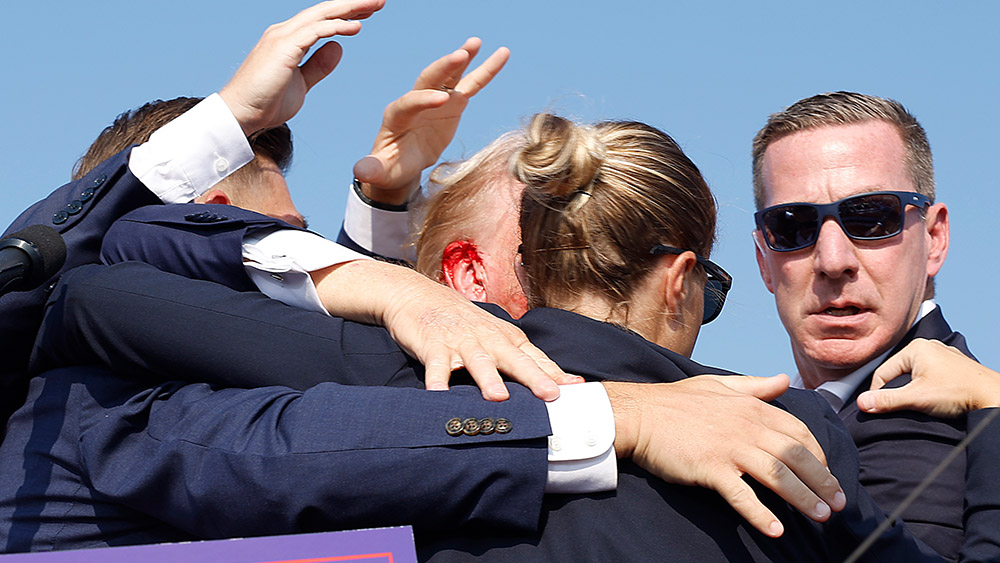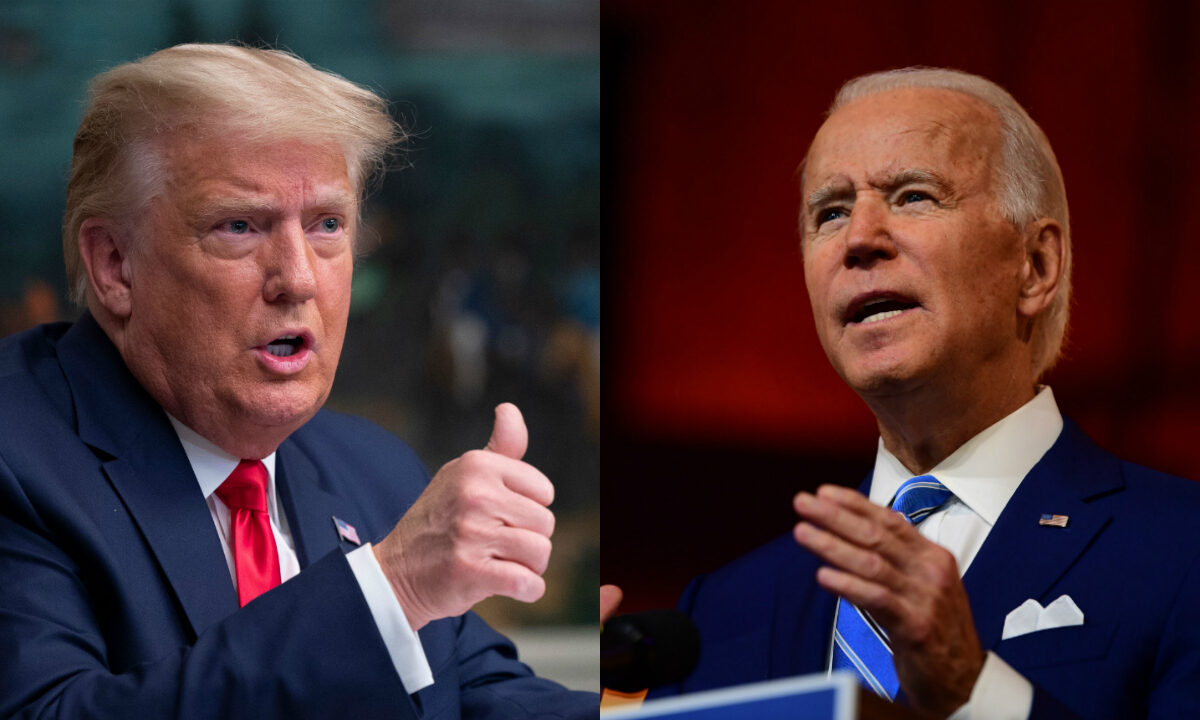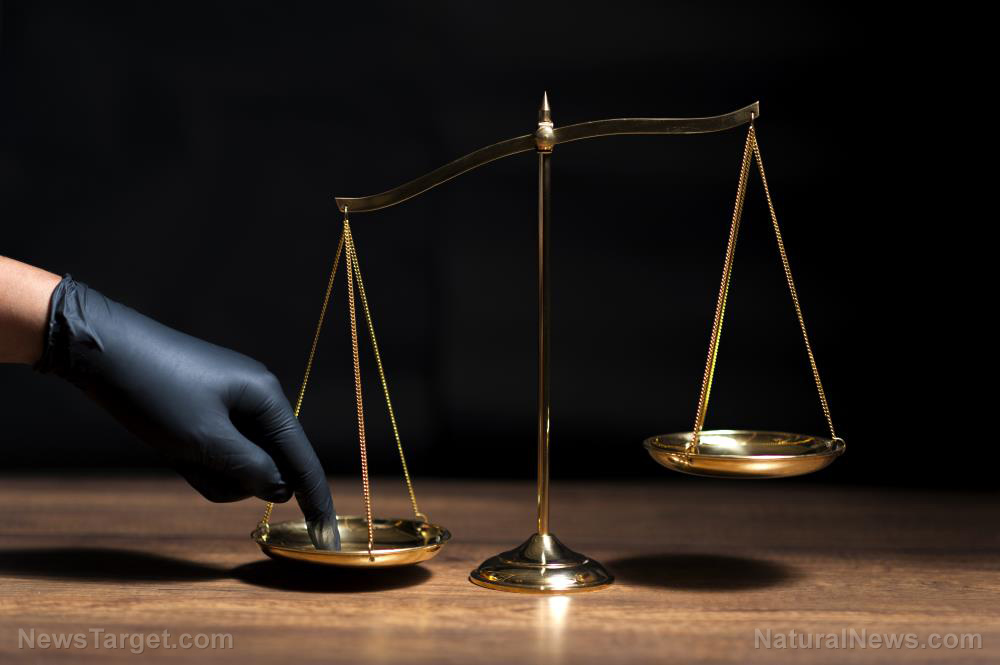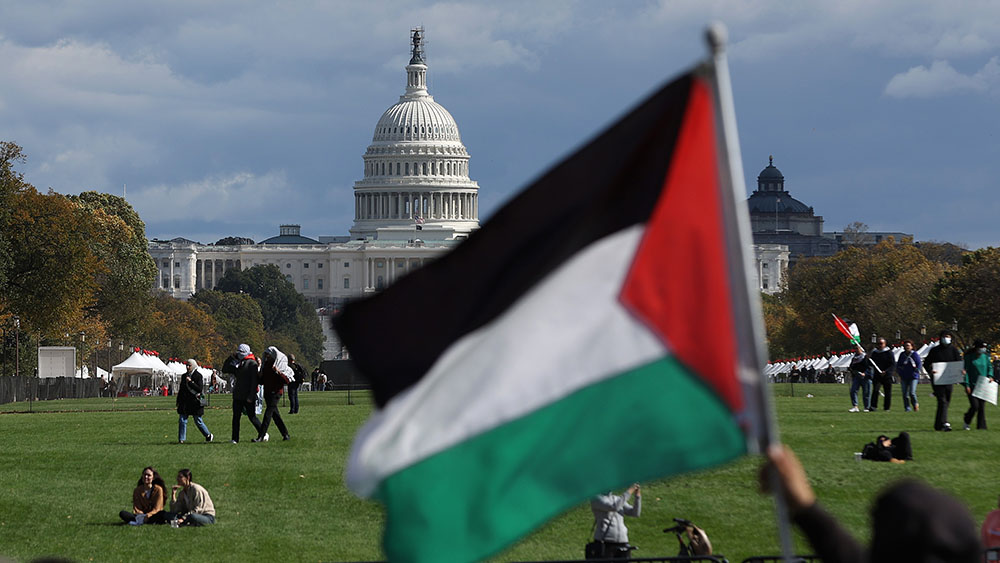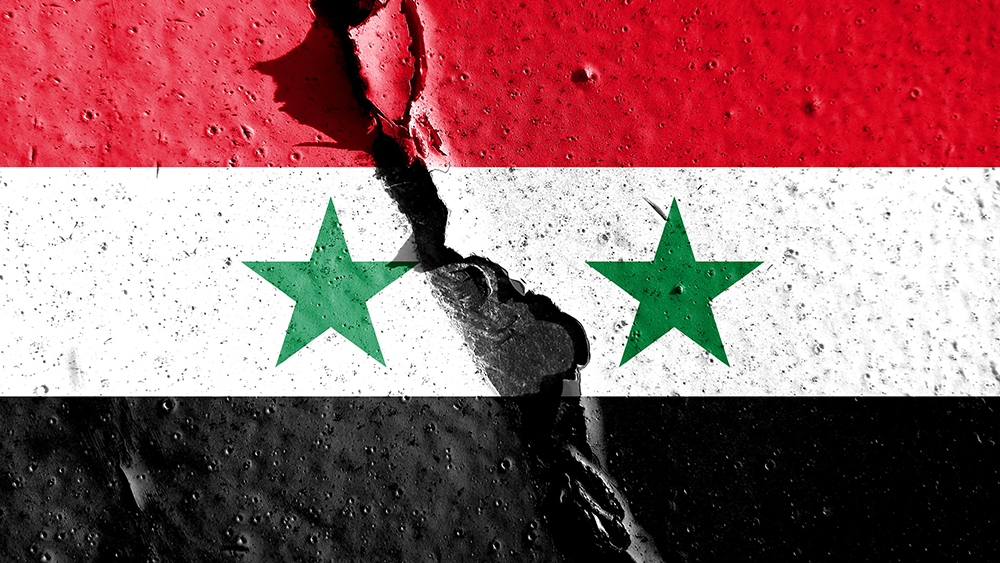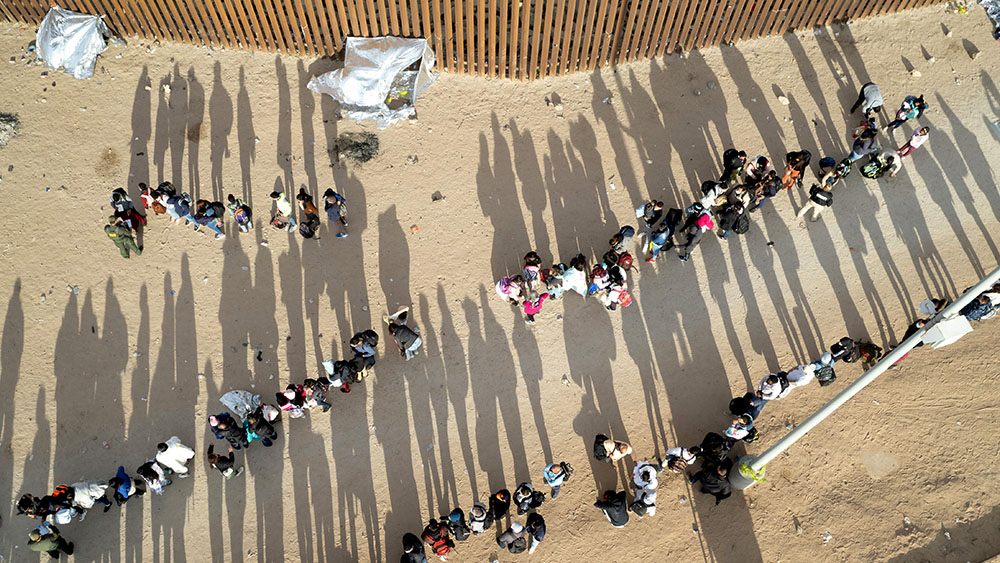Highlights from Tucker Carlson’s historic interview with Russian Foreign Minister Sergey Lavrov
12/08/2024 / By Lance D Johnson

American journalist Tucker Carlson traveled to Moscow to meet with Russian Foreign Minister Sergey Lavrov for a historically important interview regarding U.S.-Russia relations and ending the war in Ukraine. It’s now obvious to most that the Biden regime has escalated a proxy war in Ukraine. Not only has Washington cut off communication with Russia, but they continue to engage in rogue provocations after unleashing unwarranted sanctions and personal attacks against Russians. This is an issue that must be settled through diplomacy now, before the war escalates any further.
Here are the highlights from the interview:
U.S.-Russia Relations: Lavrov stated that Russia does not view itself as being at war with the United States, despite the U.S. supporting Ukraine’s defense, emphasizing Russia’s desire for normal relations with all countries, including the U.S.
Hybrid War and Military Involvement: Lavrov referred to the conflict in Ukraine as a “hybrid war,” pointing out that Ukraine’s ability to launch attacks on Russian territory is due to American weapons and potentially even U.S. military involvement.
Nuclear Concerns: He expressed concerns over recent comments by U.S. military officials, such as the possibility of preemptive strikes, and warned that such threats could lead to catastrophic consequences, particularly in terms of nuclear escalation.
Human Rights in Ukraine: Lavrov highlighted what he views as the systematic suppression of Russian-speaking and ethnic Russians in Ukraine, pointing out legislation that banned the Russian language, media and cultural activities.
UN Charter and Self-Determination: He argued that the international legal framework, including the UN Charter, supports the right of people to self-determination. He suggested that Crimea and Donbass’s decision to join Russia through referendums should be respected under this principle.
Minsk Agreements and Ukrainian Non-Compliance: Lavrov criticized Ukraine for failing to implement the Minsk agreements, which were intended to resolve the conflict in Donbass. He blamed the Ukrainian government for the continuation of violence after the 2014 coup.
U.S. Interests in Ukraine’s Resources: Lavrov pointed to the U.S.’s interest in Ukraine’s natural resources, particularly rare earth metals, as a key driver behind U.S. involvement in the conflict. He accused the U.S. of seeking to exploit these resources at the expense of Ukraine’s people.
Message Behind Hypersonic Weapon Test: Lavrov clarified that the recent demonstration of Russia’s hypersonic weapons was a warning to the U.S. and its allies, signaling that Russia is prepared to defend its security interests with any means necessary.
Avoiding Nuclear Conflict: He reaffirmed Russia’s stance against nuclear war, citing Russia’s initiative for a joint statement by the five permanent members of the UN Security Council in January 2022, emphasizing the importance of avoiding confrontation and respecting each other’s security concerns.
Nuclear Exchange Concern: Lavrov acknowledged the potential risk of nuclear escalation, stressing the importance of avoiding it. He emphasized that Russia’s military doctrine aims to avoid nuclear conflict, despite tensions and misunderstandings.
Limited Dialogue Channels: Lavrov revealed that back-channel communication exists between Russia and the U.S., mostly focused on exchanging prisoners. However, he criticized the U.S. for maintaining a consistent message through these channels that aligns with Ukraine’s demands, not a balanced diplomatic solution.
U.S. Pressure on Ukraine: Lavrov mentioned the U.S. supports Ukraine’s “peace formula,” which Russia views as unrealistic. He expressed concern about the upcoming peace conference, where Russia would likely be presented with an ultimatum.
U.S. and NATO Provocations: Lavrov reiterated Russia’s long-standing concerns about NATO’s eastward expansion, which he believes created the current conflict. He argued that this was a warning Russia had been issuing since 2007, but it was ignored by the West.
No Intent to Exterminate Populations: Lavrov categorically rejected the idea that Russia seeks to exterminate Ukrainian people. He stressed that the goal of Russia’s military actions is to protect Russian-speaking populations, not to target civilians.
Civilian Casualties in Ukraine: Lavrov discussed civilian casualties on both sides, claiming that the death toll in Ukraine is far less than that in Palestine, which he said had suffered much greater losses in a shorter time.
Ukrainian Proposal at Istanbul Talks: Lavrov referenced the April 2022 Istanbul talks where Ukraine proposed a security arrangement that would exclude NATO membership while ensuring security guarantees. He suggested that Ukraine’s commitment to these principles was undermined by external pressure, specifically from the UK, which pushed Ukraine to continue fighting.
Boris Johnson’s Role in Peace Talks: Lavrov reiterates that Boris Johnson’s role in disrupting peace talks between Russia and Ukraine was significant. He says Johnson rejected a deal that was close to being made in Istanbul, which would have resulted in a de-escalation of the conflict.
Ukrainian NATO Membership: Lavrov confirms that one of the key terms Russia would accept for peace is Ukraine’s non-membership in NATO, and no foreign military bases or exercises on Ukrainian soil. He reiterates Russia’s firm stance on this issue, even mentioning that the realities on the ground, including Russian territories gained through referendums, must be accepted.
Western Silence on Bucha: Lavrov highlights the hypocrisy of Western officials who condemned Russia over the Bucha massacre without investigating the true identities of those involved. He emphasizes that his questions to the UN and journalists regarding the identities of the victims were met with silence.
Biden Administration’s Strategy: Lavrov discusses the actions of the Biden administration, comparing them to the Obama administration’s final moves in 2016, such as expelling Russian diplomats and seizing diplomatic property. He believes this is part of an effort to undermine Russia’s relations with the incoming Trump administration.
Sanctions and Russian Resilience: Lavrov addresses the ongoing sanctions against Russia, acknowledging the difficulties but asserting that Russia has become stronger by relying on itself and seeking economic partnerships with “normal” countries outside the West.
Russia’s Shift Eastward: Lavrov speaks about Russia’s growing ties with China, describing the partnership as permanent. He contrasts this with the earlier hope that Russia could be integrated into a Western bloc, a vision that has failed after years of unequal treatment.
Western Europe’s Role in the Conflict: Lavrov critiques the West’s actions in Ukraine, particularly the pressure placed on Ukrainian leaders to align with Western policies, often at the expense of Russia’s interests. He reflects on historical moments like the 2004 Orange Revolution and the Maidan protests, which he believes were orchestrated by the West to force Ukraine into a pro-Western direction.
Zelensky’s Decree on Negotiations: Lavrov emphasized that Ukrainian President Zelensky signed a decree prohibiting negotiations with Putin’s government, signaling Ukraine’s unwillingness to engage diplomatically. He urged Zelensky to cancel the decree as a sign of willingness for talks.
Russia’s Legitimate Position: Lavrov defended Russia’s military operation, arguing it aligns with the UN Charter and OSCE principles, specifically regarding minority rights and security concerns. He pointed to NATO’s expansion as a violation of security agreements made in OSCE summits.
Nuclear War is Not an Option: Lavrov reiterated that nuclear war is unthinkable, citing statements from both Russian and U.S. leaders affirming that nuclear war can never be won. He warned that discussions of a limited nuclear exchange were dangerously irresponsible.
Sources include:
Submit a correction >>
Tagged Under:
Crimea, Donbass, Foreign policy, global conflict, hypersonic missiles, interview, Minsk agreements, nato expansion, nuclear war, proxy war, Russia, Sergey Lavrov, Tucker Carlson, Ukraine conflict, US sanctions, US-Russia relations, War, world war
This article may contain statements that reflect the opinion of the author
RECENT NEWS & ARTICLES
Trump.News is a fact-based public education website published by Trump News Features, LLC.
All content copyright © 2018 by Trump News Features, LLC.
Contact Us with Tips or Corrections
All trademarks, registered trademarks and servicemarks mentioned on this site are the property of their respective owners.


